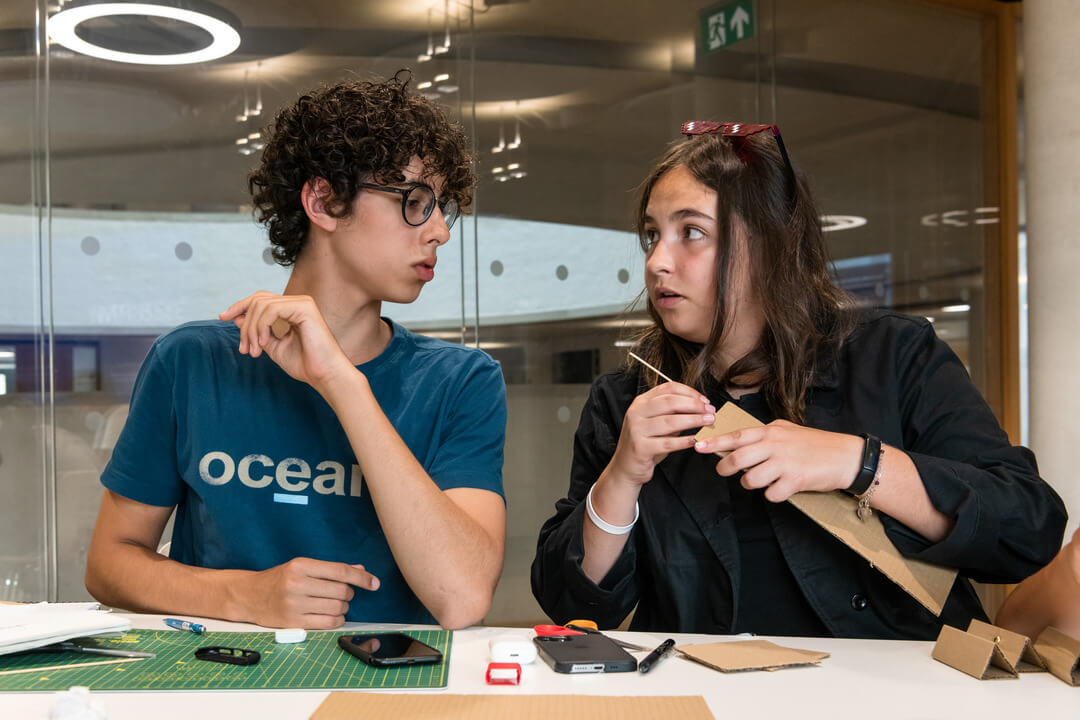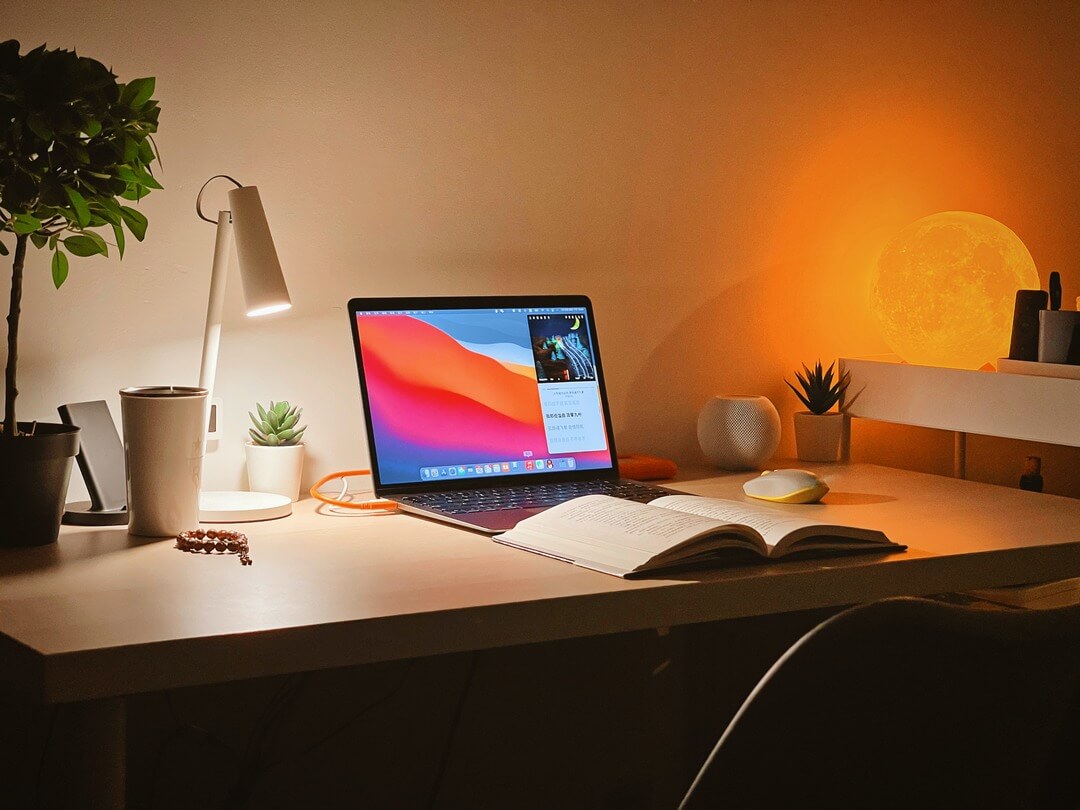Working Out How You Work Best Before University

For lots of students, the jump between studying at school and studying at university can be daunting. One of the biggest jumps is that undergraduate students are expected to direct their own learning, manage their time effectively, and organise how and when they’re going to study.
This transition from an often quite rigid school curriculum and class timetable to a new approach to learning can take some time to adjust to, but there are a range of ways that you can prepare for your degree.
Working out how you work best before university can really help to make the change easier, so we’ve put together a guide to help you feel confident and prepared for your first day at university!
What’s the best way to study?
There are a variety of ways that you can study and learn, and there’s not just one right way. The best method of studying is the one that works best for you, so experiment with different techniques!
Here are some popular study methods you can try:
- Completing past papers
- Using flashcards to recall information
- Handwriting notes (e.g, the Cornell Method is a great note-taking system)
- Colour coordinating your revision notes
- Teaching somebody else
- Asking a friend or family member to quiz you
- Making a mind-map or visual poster to hang on your wall
Some people prefer to generate ideas and discussions with friends, others find it easier to learn in a quiet environment by themselves. Some people prefer to break up revision sessions into smaller chunks, whilst some students prefer not to stop once they get going.
Figuring out how you work best before university requires you to take some time to reflect, identify the study methods you’ve tried in the past, and evaluate what’s worked well and what should be avoided.
If you’ve ever pulled an all-nighter during exam season (never a good idea!) and found it difficult to concentrate after the first half an hour, then you might want to consider factoring in lots of short breaks. Similarly, if you’ve found it difficult to concentrate sitting in your bedroom, experiment with a more collaborative approach to studying.
A great starting point for learning how to self-reflect and consider your own personal preferences, interests and skills is the OxBright Career Test for Students. By considering your strengths, weaknesses and unique abilities, you’re able to practise the type of self-reflection that will help you to discover how you work best.
How do I manage my time?
It’s a good idea to develop your time management skills before you start your degree. If you know how to effectively manage your time and foster a healthy work-life balance, you’ll minimise the number of last-minute deadline submissions and rushed pieces of work.
To start managing your time efficiently, establish a study routine where you’re able to set aside time for study and learning, whilst also protecting time to relax and have fun. Studying all day everyday can quickly lead to burnout, and if you’re able to plan your study sessions ahead of time then it’ll be easier to maintain a healthy balance.
When starting to plan your time, you should consider:
1. Creating a schedule
When establishing a study routine, make sure to create a realistic schedule that you can be consistent with. Studying for an hour every day will likely be more effective and manageable than studying for twelve hours every other Saturday.
2. Setting priorities
Experiment with working out a system to prioritise your tasks. Make lists to help you visually understand what work you have to do, and try to colour coordinate them by urgency.
3. Avoiding procrastination
This is a tough one but there are lots of resources available to help combat procrastination! Princeton University has a great article on Understanding and Overcoming Procrastination, focusing on how to better manage your time and find motivation. Try some out to see what works best for you!

Where should I study?
Having a designated study space is also really important. You should consider factors like lighting, noise levels and temperature when deciding on a space to work in. Try to choose a place with minimal distractions where you won’t be interrupted in the middle of a past paper or quiz.
It’s difficult for our brains to concentrate on studying if we’re working from the same place we sleep or watch TV, so try to allocate a separate place for study if possible. It can simply be a small area of your bedroom where your desk is – anywhere that will signal to your brain that it’s time to study when you enter it.
How do I avoid distractions when studying?
It’s often easy to get distracted by your phone or laptop when studying, and it’s tempting to want to remove all distractions from your study area. However, technology can be great at enhancing productivity and learning if it’s used mindfully.
There are lots of innovative apps and online resources to support effective studying. Evernote and Google Drive are easy to use, and are brilliant for taking and storing notes digitally. Quizlet is great for making digital flashcards, whilst Trello is a handy way to manage all of your tasks. The Forest app is also fantastic for focusing and managing distractions – you plant a digital tree at the start of your study session and watch it grow as you work!
Am I ready for university-level studying?
Working out how you work best can be a great way to prepare for university-level study. By practising time management and organisational skills, improving your ability to focus and minimise distractions, and equipping yourself with a range of study techniques and styles, you’ll be well prepared to start your degree.
What now?
For a glimpse into the daily life of an undergraduate student at university, check out A Day in the Life of an Oxford Law Student.
If you’re still feeling unprepared, our University Preparation Report offers free personalised book recommendations, tips and advice to help you prepare for university.
We also provide a wide range of online summer summer school courses that encourage self-directed learning, collaboration and active thinking, to equip high school students for the transition to university!

By Amy Alsop
Our Content Editor, Amy, writes and edits content across our blog and resources. She graduated from Lincoln college, University of Oxford, where she read English.
Looking to boost your university applications?
Recommended articles
OxBright Tutors Share Their Top Tips for High School Graduates
Finishing high school can be a really intimidating juncture – you’re leaving the security of a routine you’ve followed for five plus years, and you’re faced with more options and less structure than ever before. Oh, and your decisions now can shape your future in a...
Which Career Is the Best Fit for Me?
Choosing your career path is one of the first big steps you’ll take as a young adult, so it can often be a daunting prospect. However, the possibilities are endless, and as long as you base your choices on your personal preferences, passions and interests, your...
How to Make a Study Schedule That Actually Works
Studying can sometimes feel like a daunting task, no matter how old you are or what level you’re studying at. You might be left thinking: How can I balance academics with my other commitments? How do I stay consistent with a study schedule? Is there a “good” or...



